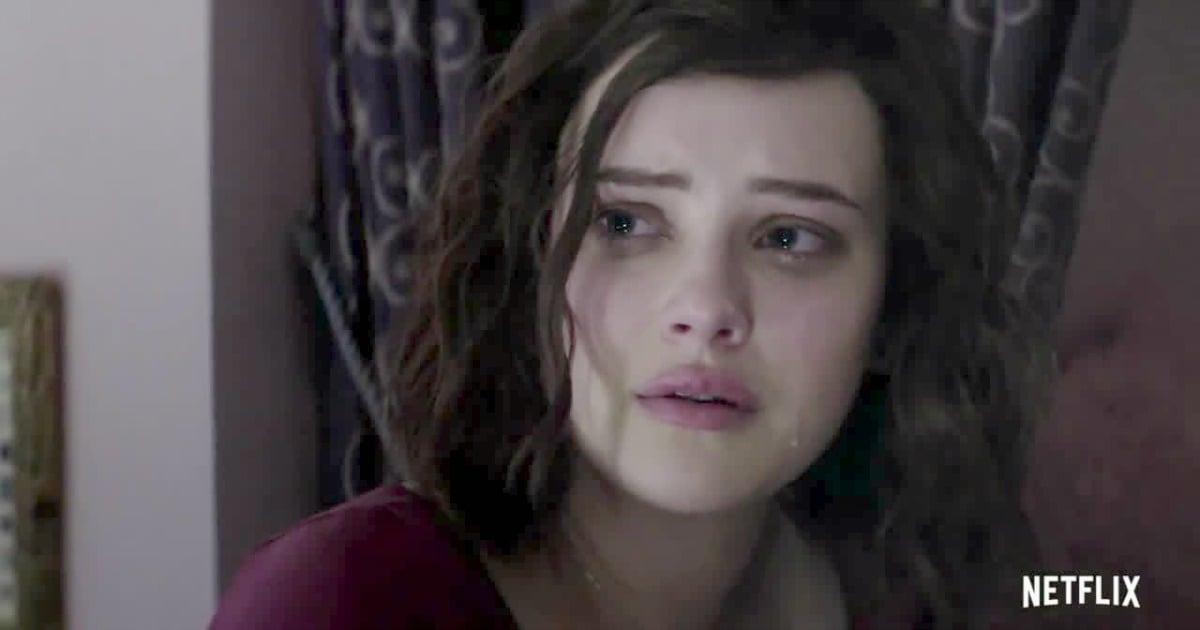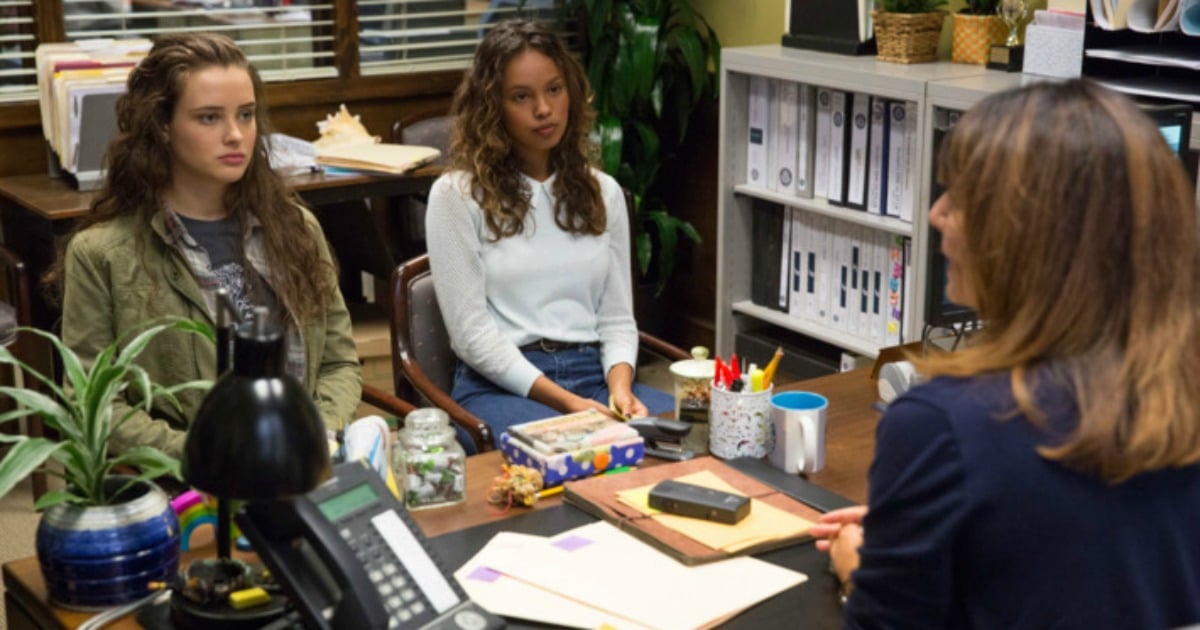While Netflix’s 13 Reasons Why has received significant criticism for its “dangerous” themes, among teens, it’s become somewhat of a cult show.
The series has attracted the most social media attention of any series, and is so popular with young people, schools have started to issue warnings to parents, teachers have found themselves discussing the show with their students, and in online forums, teenagers have praised the show for “saving their lives”.
There’s undeniably something about 13 Reasons Why, and the themes it addresses, that resonates strongly with an adolescent audience. So we asked four teenage girls what they think adults are ‘missing’ about the show.
May*, 17, said Hannah Baker’s story was more familiar than most adults might think. “The things that happened to Hannah Baker actually happen in real life,” she said. “And people do stupid things without realising the consequences of their actions.”
While she found the infamous ‘suicide scene’ graphic, May said it also “raises awareness of what bullying can do… and how your actions can affect another person”.



Top Comments
Many of these comments ARE a bit OTT and typically "you don't understand me!" though. I think most adults remember EXACTLY what it's like to be that age, and what a horror high school can be (indeed, many carry baggage from that time of their life well into adulthood). The only real distinguishing feature between then and now is social media. In that respect, I agree that adults can underestimate its power and influence - it is a potent, more efficient vehicle for the same behaviour we all saw and experienced back then.